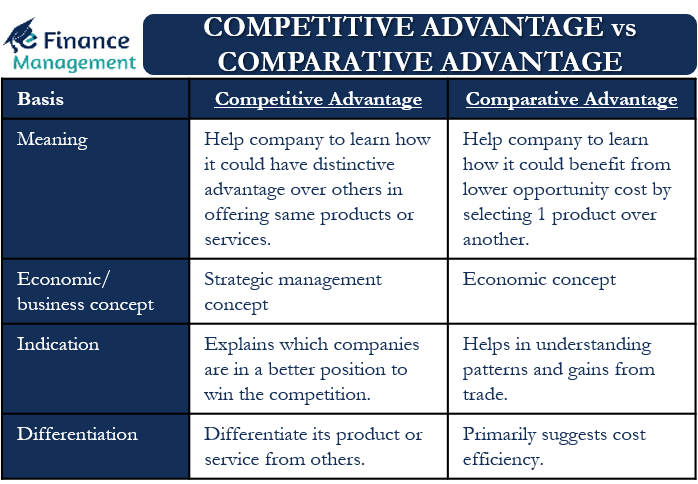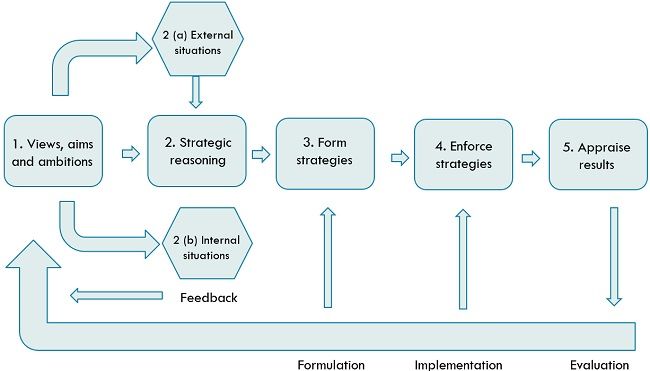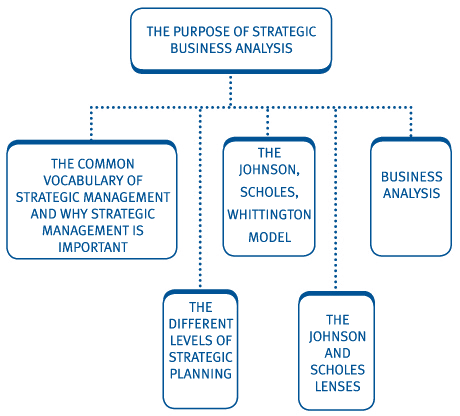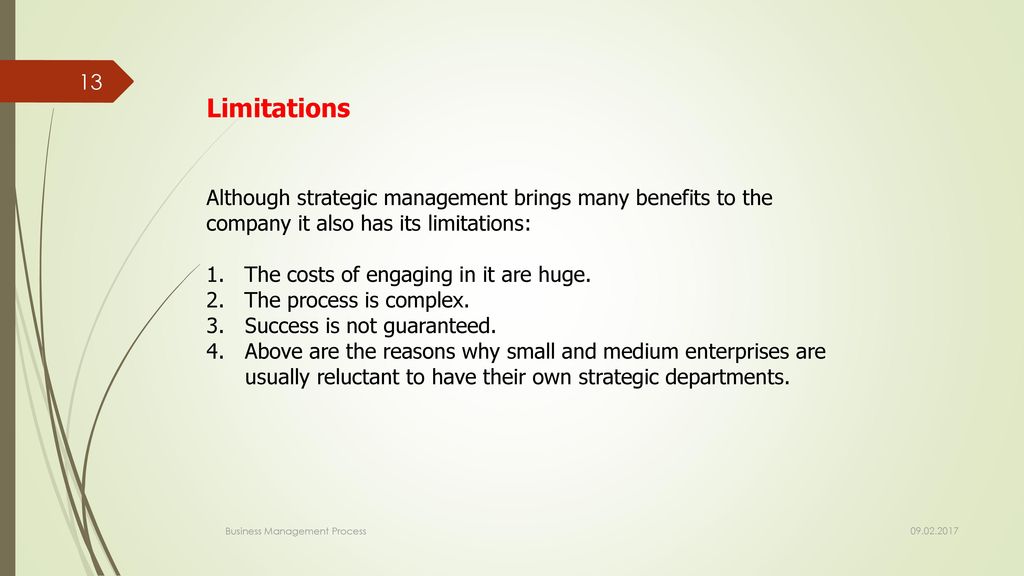Strategic management is the process of setting goals and making decisions that will determine the long-term success of an organization. It involves analyzing the organization's strengths and weaknesses, as well as the opportunities and threats it faces in the external environment. While strategic management can be a powerful tool for achieving organizational success, it is not without its disadvantages.
One disadvantage of strategic management is that it can be time-consuming and resource-intensive. Developing a strategic plan requires a significant investment of time and resources, including the development of a detailed analysis of the organization's internal and external environments. This can be especially challenging for small or resource-constrained organizations that may not have the resources to devote to this process.
Another disadvantage of strategic management is that it may not always lead to the desired outcomes. Despite careful planning and analysis, it is difficult to predict with certainty how an organization's strategic decisions will play out in the long term. Factors such as changes in the external environment, unexpected events, and internal organizational dynamics can all impact the success of a strategic plan. This means that even the best-laid plans can go awry, leading to disappointment and frustration for those involved.
A third disadvantage of strategic management is that it can create conflict within the organization. Developing a strategic plan often involves making difficult decisions about the allocation of resources and the prioritization of goals. These decisions can be controversial and may lead to disagreement and conflict among different stakeholder groups within the organization. This conflict can be damaging to the organization and may even undermine its ability to execute the strategic plan effectively.
Finally, strategic management can also lead to a lack of flexibility and adaptability within the organization. Once a strategic plan has been developed, it is often difficult to deviate from it, even if circumstances change or new opportunities arise. This can make the organization inflexible and slow to respond to changes in the external environment, which can be a significant disadvantage in a rapidly changing business world.
In conclusion, strategic management is a powerful tool for achieving organizational success, but it is not without its disadvantages. It can be time-consuming and resource-intensive, may not always lead to the desired outcomes, can create conflict within the organization, and may lead to a lack of flexibility and adaptability. Despite these challenges, however, many organizations continue to rely on strategic management as a key part of their long-term planning and decision-making processes.




:max_bytes(150000):strip_icc()/TermDefinitions_StrategicAlliance__V1_CT-4f6602c3e08f4cb1b51a98acdd6e79a6.jpg)


:max_bytes(150000):strip_icc()/core-competencies-4198742-01-FINAL-be20b48f4d2240db808ce88dea54b9f9.png)